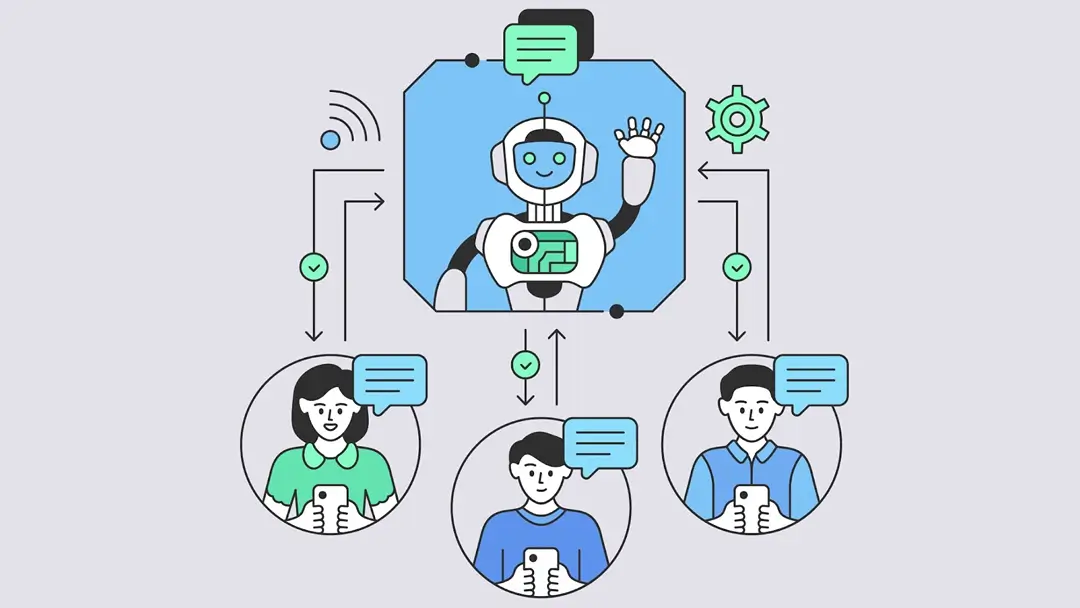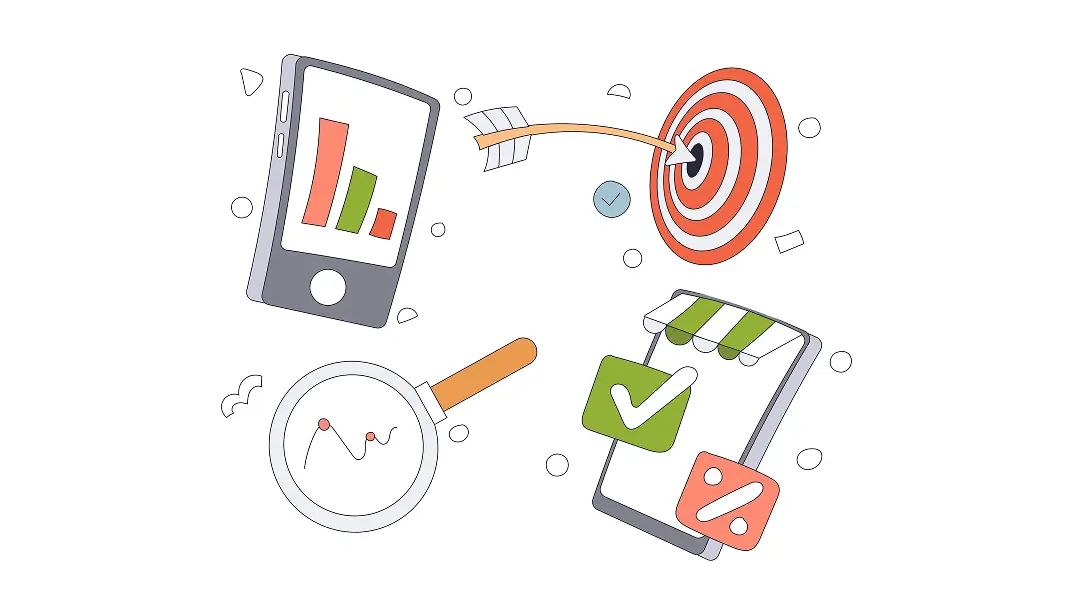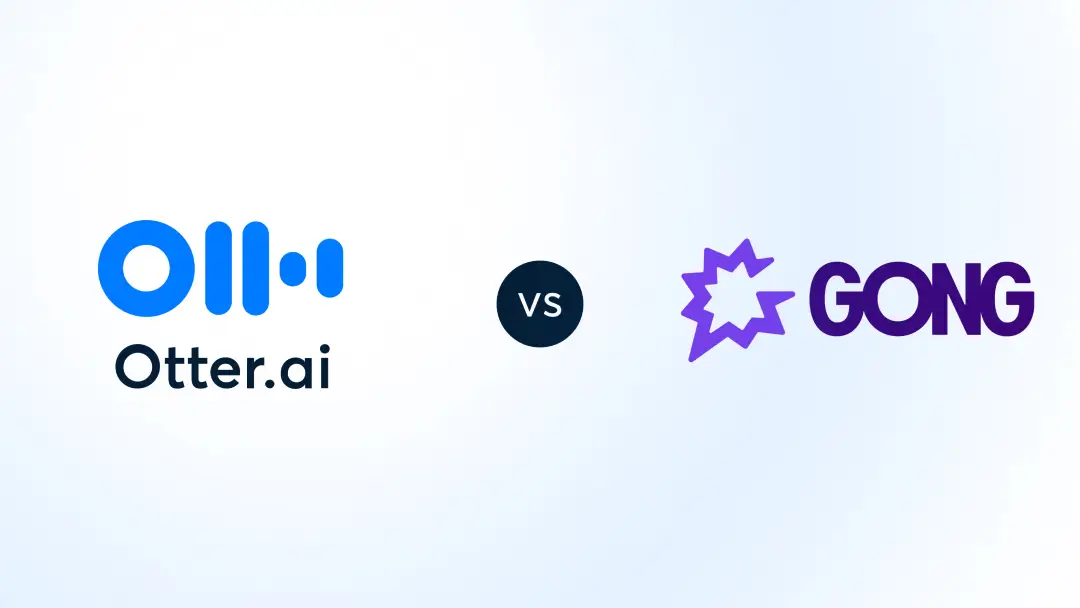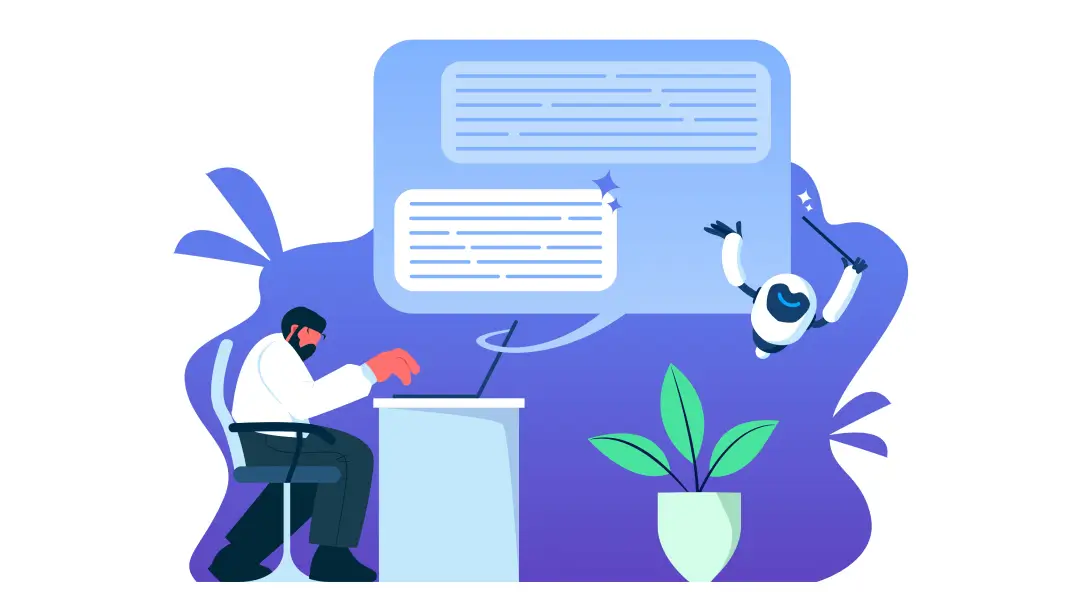Top 10 AI Sales Tools To Boost Your Performance
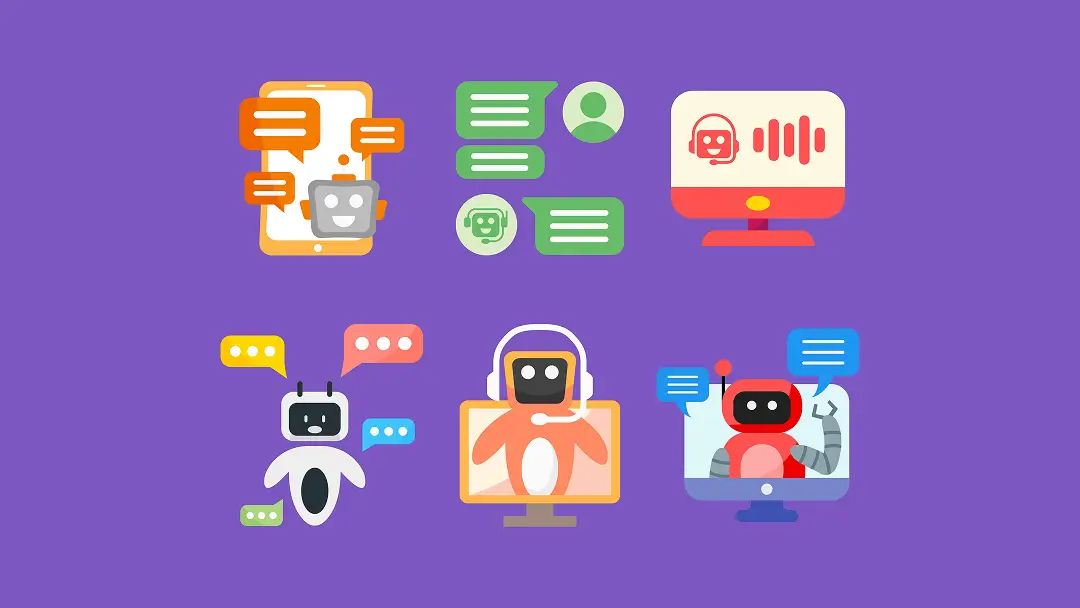
Sales has always been a deeply human skill. At its core, it’s about building relationships, understanding customer needs, and persuading with a mix of empathy and charisma.
In the past, successful sales often meant long one-on-one conversations and a deal sealed with a handshake. But today, technology transforms sales strategies with the power of data.
Although human interaction is still critical to closing deals, sales teams have a powerful ally in artificial intelligence. AI sales tools complement salespeople’s unique soft skills, helping them understand and satisfy their target consumers. From automating data entry and CRM updates to analyzing sales call transcriptions, AI tools help sales teams work smarter and free up time to focus on high-value tasks.
Here’s a guide to some popular AI sales tools available today, along with tips on choosing the right one for your team’s needs.
10 AI sales tools to boost your performance
Whether you’re looking to boost sales reps' productivity or use AI for lead scoring, these AI tools can help you through your sales process.
1. Otter Sales Agent
Otter Sales Agent is an AI-powered meeting assistant that automatically takes sales call notes, extracts Sales Insights, writes follow-up emails, and pushes call notes to Salesforce and HubSpot.
Pros:
- Automatically syncs Sales Insights and a link to the call notes to Salesforce and HubSpot, giving you complete visibility instead of relying on manually entered CRM data
- Takes care of the administrative tasks, including capturing notes, extracting Sales Insights, and generating follow-up emails, so your reps can spend more time closing deals.
- Gives sales leaders visibility into each rep’s verbatim discussion so they can identify highlights from calls to coach your entire team.
- Easy to onboard
- Start for free!
Cons:
- Does not provide sales analytics
2. Salesforce
Salesforce is a leading CRM platform that provides sales automation, reporting, and sales forecasting, along with deep integrations across various business tools. It’s a go-to tool for sales reps to manage customer relationships and sales performance.
Pros:
- Scales with your business, allowing you to add on integrations as you grow
- Automates workflows, like record upkeep, email alerts, and task assignments
- Integrates with KPIs to automate the delivery of project reports
Cons:
- Can be difficult to set up and learn and time-consuming to maintain
- The cloud-based platform requires a strong internet connection
3. Hubspot
Hubspot is an all-in-one customer platform that offers lead generation, automated emails, and sales analytics. Similar to Salesforce, HubSpot has a CRM tool that manages customers and nurtures lead prospects. It also has great marketing features.
Pros:
- AI-assisted content and copywriting to create, share, and brainstorm content
- Designed to connect sales teams with marketing, customer service, operations, and content in a single, centralized platform
- Intuitive interface makes lead management simple, allowing you to organize and engage prospects in one centralized platform
Cons:
- Scaling with more robust integrations can cost thousands of dollars a month
- Free plan and lower packages don’t offer split testing for sales campaigns
4. ZoomInfo Chorus
ZoomInfo’s Chorus tool is a conversation analytics platform that records, transcribes, and analyzes sales calls. The platform uses natural language processing and voice analytic models to identify prospect sentiment and uncover roadblocks in the sales pipeline. Its AI tools can also forecast sales, automate campaigns, and coach sales reps based on conversation analytics, driving more informed decisions and better sales scripts.
Pros:
- Advanced personalization and real-time AI analytics improve decision-making
- Coaching tools nurture sales reps’ continued learning, helping perfect cold calls and follow-up
Cons:
- Getting the best out of AI sales tools and analytics requires serious onboarding and continued training
- The cost structure isn’t public, making it hard to plan your budget, but it is much more expensive than Otter
5. Outreach
Outreach is an AI-powered platform designed to measure and improve sales rep workflows. AI tools analyze what works and what doesn’t, helping teams fine-tune more efficient processes for prospecting, follow-up, and outreach.
Pros:
- Generative AI assistants automate sales emails, drafting personalized follow-up messages based on prior interactions
- Predicts revenue outcomes, analyzes pipeline gaps, and performs sales forecasting for different scenarios
Cons:
- No free plan is available
- Without careful oversight, automated emails and communication can sound impersonal
6. Regie.ai
Sales reps struggling with cold emails can turn to Regie.ai. Its AI assistant automates prospect research and uses data to craft cold emails and follow-up messages that resonate. The generative AI takes persona-based pain points to customize email prompts, improving success rates and the sales pipeline as a whole.
Pros:
- Integrates with other sales tools, like Outreach, HubSpot, and Salesforce CRM
- Lead management tools automate sales emails, helping sales reps get closer to closing deals
Cons:
- Generative AI isn’t perfect and still requires manual edits
7. Apollo AI
Apollo is a sales intelligence and engagement platform that helps sales teams identify and target high-potential prospects. Its AI insights help optimize outreach strategies and sales processes, bringing the focus to leads that are more likely to convert.
Pros:
- Data-driven lead scoring and targeting improve sales conversion
- AI tools provide predictive insights about buyer behavior
- Integrates with CRM and sales tools, like Salesforce, HubSpot, and Outreach
Cons:
- Limited mass cold emailing
- Advanced features unavailable on free plan
8. Overloop
This AI-driven sales automation platform streamlines outreach and follow-ups. Overloop helps sales teams automate email campaigns, track engagement, and personalize messages at scale — all of which save 90% of sales reps’ time, according to the platform.
Pros:
- CRM integrations (Hubspot, Salesforce, and Pipedrive) allow sales reps to nurture leads more efficiently
- AI assistant uses a B2B database to automatically schedule meetings with valuable prospects
Cons:
- Oversight required to ensure messages fit the desired tone and brand alignment
- Workflow builder can create overly complicated processes
9. ChatGPT
ChatGPT is a generative AI assistant that helps sales teams with tasks like drafting cold emails, creating sales scripts, and writing follow-up messages. It’s a good choice for sales departments that lack robust budgets because it can quickly and cheaply generate content that streamlines lead nurturing and follow-up.
Pros:
- Integrates with CRM sales tools like HubSpot and Salesforce
Cons:
- Requires detailed prompts to draft effective, on-brand sales emails
- Limited to text-based tasks
10. Lavender
Lavender is an AI-powered email coach that helps sales teams write more effective emails, boost reply rates, and nurture prospects. It uses reliable generative AI tools like ChatGPT to draft text for you without taking away the creative freedom you need to personalize every email and assert your brand.
Pros:
- Real-time feedback and suggestions help improve email content and tone
- Helps personalize communication with relevant prospect data
Cons:
- Oversight is necessary to ensure proper email etiquette
- Struggles to handle complex or large emails
How to choose the best AI sales tool
Building the best AI toolset for your sales team requires careful consideration. Here are three best practices to consider:
1. Look for relevant integrations
A new AI sales tool needs to fit snugly into the rest of your platforms. Make sure it seamlessly integrates with your existing tech stack, including your CRM, email platform, and other sales tools. If it doesn’t integrate well, you risk creating data silos and inefficient workflows. Make a list of your core systems and make sure the AI platform syncs with them all.
2. Match AI features to your sales needs
AI sales tools have different features and intended uses. Identify the specific tasks your team needs to automate or improve — like drafting cold emails, sales forecasting, or prospect outreach — and look for tools that specialize in those areas.
3. Offer user-friendly training for the sales team
AI tools are only valuable if your sales team can use them effectively. Look for platforms that offer intuitive, easy-to-navigate interfaces and provide training resources — especially if you don’t have a dedicated tech support team to troubleshoot. Using complex tools that require extensive onboarding only hinders adoption.
Unlock the magic of AI and transform your sales with Otter Sales Agent
AI tools are here to change the sales game. And the sooner you integrate them into your team’s workflow, the sooner you gain a competitive edge.
Integration starts with collaboration, so begin with Otter. Streamline your meetings, enhance team communication, and capture valuable sales insights. Schedule a demo today.




